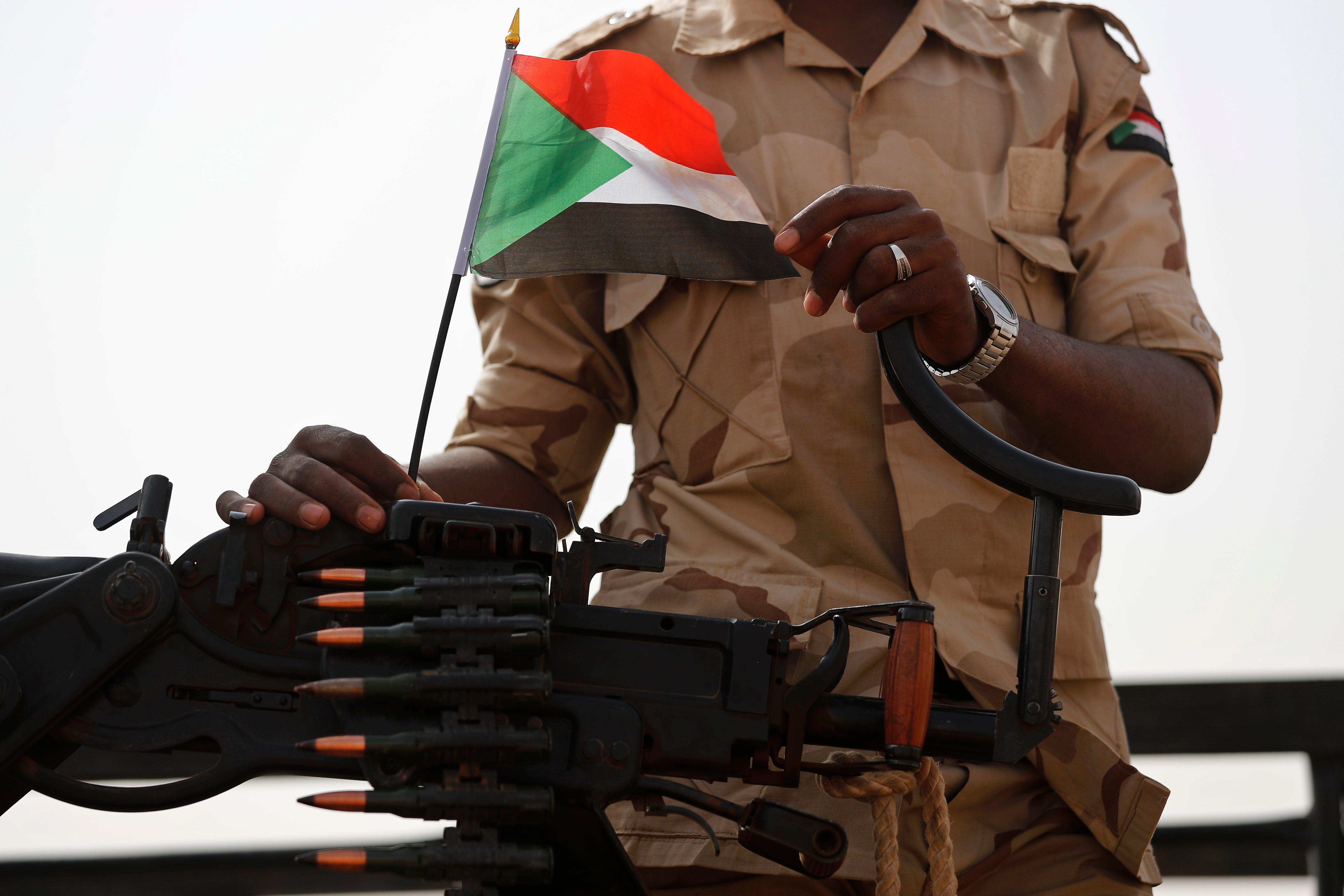Sudanese man's death draws attention to paramilitary force
The death of a Sudanese man who was snatched while sitting at a coffee shop has sparked controversy about the scope of a paramilitary force in Sudan

The death of a Sudanese man who was snatched while sitting at a coffee shop has sparked controversy around the scope of a paramilitary force whose members once formed the backbone of a militia that rights groups say committed war crimes in Darfur
Bahaa el-Din Nouri, 45, was taken on Dec. 16 from the Kalakla neighborhood in the southern part of the capital, Khartoum, by men wearing plain clothes and riding in a vehicle without license plates, his family has said.
Five days later, his body appeared at a hospital morgue in the city of Omdurman, just across the Nile River from Khartoum. The family refused to take the body for immediate burial after seeing signs of apparent beating and torture, according to Nouri’s brother, Yasser.
Culture and Information Minister Faisal Mohammed Saleh said the family met with the general prosecutor on Thursday and asked for an autopsy to reveal the cause of death.
Saleh, who is also the government spokesman, said an initial investigation showed that Nouri died while being interrogated by the Rapid Support Forces.
A spokesman for the RSF did not respond to phone calls and text messages seeking comment.
The force is largely comprised of former Janjaweed militiamen who executed a brutal crackdown in Sudan's Darfur region over the past two decades. Rights groups have accused the Janjaweed of committing war crimes, including raping and killing civilians and burning down villages during counterinsurgency raids in Darfur and other areas of western Sudan during the conflict.
The RSF is led by powerful Sudanese Gen. Mohammed Hamdan Dagalo, who is also the deputy head of the ruling sovereign council. Dagalo was appointed to lead the RSF by former longtime leader Omar al-Bashir.
Since al-Bashir's ouster in April 2019, Dagalo has emerged as Sudan’s main power broker, with his forces deployed in areas across the capital and other main cities. The country is currently led by a joint military-civilian government.
A report by Sudan’s Monti-Caroo news website, which extensively covers RSF activities, said Nouri was being interrogated over allegations of belonging to a “terrorist group trading in explosives.” The report did not provide further details.
The Sudanese Professionals’ Association, which helped spearhead mass protests against al-Bashir, called for the closure of all detention centers run by the RSF. The association also called for the release of the RSF's detainees or for detainees to be turned over to the police.
In a satirical tweet, Sudanese analyst and the editor of the daily newspaper al-Tayar, Osman Mirghani, suggested that Sudanese drivers ought to remove their car license plates “to force the government to ban” security forces from doing so.
Activist Shamael el-Noor called for those responsible for Nouri’s death to be held accountable, and for an end to impunity when the suspects are members of the security forces. She said what happened with Nouri could happen to anyone, adding “this is a serious indication of the state institutions’ inaction towards security issues.”
Bookmark popover
Removed from bookmarks